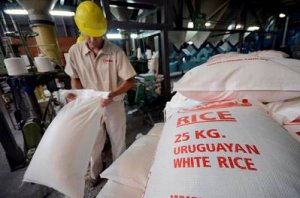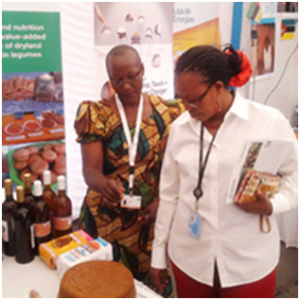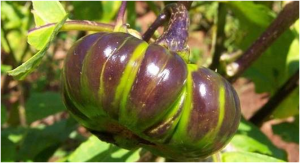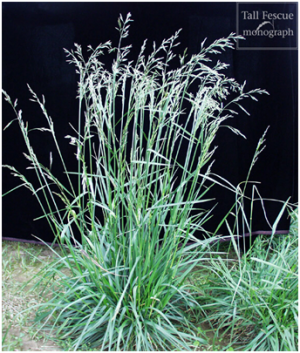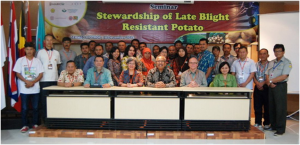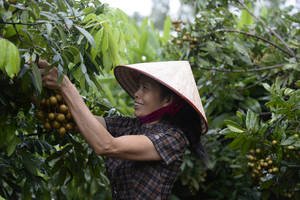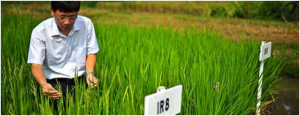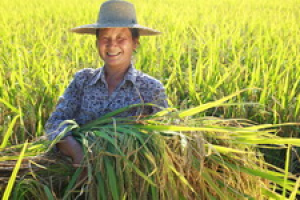|
A paradigm shift in Farmer Field Schools methodology in Eastern Africa
Monday, 2021/03/29 | 08:40:51
|
|
23/03/2021
Farmer Field Schools (FFS), or ‘schools without walls’, were introduced by FAO and partners more than 30 years ago as an alternative to the prevailing top-down extension approach. The schools are a way to promote field-based experimentation, group organization and local decision-making through discovery-based learning.
Farmer Field Schools have been a success across Africa, and as a result, demand continues to grow. In Kenya and Uganda, for example, the approach has been, or is being, institutionalized in national extension policies and systems, and other countries have indicated an interest in doing the same.
The popularity and spread of this way of learning has posed some issues, namely maintaining the quality of implementation while scaling up, and ensuring links between field-level practice, policy, and strategic development.
In response to this need, the FAO Subregional Office for Eastern Africa developed a project to mainstream FFS into the curricula of higher learning institutions.
By integrating the FFS methodology into universities’ agricultural extension curricula, countries can train current extension agents or mould future agents to become well versed FFS facilitators and master trainers. These extension specialists lead farmers through a season-long learning cycle.
The institutionalization of FFS in university curricula guarantees that there is a consistent flow of graduates with the skills to transform smallholder farmers into better agribusiness-minded producers. In the long term, this will have a significant impact on national food security and sustainable development.
See more http://www.fao.org/news/countries-good-practices/article/en/c/1382854/
Figure: FAO’s FFS have been a success across Africa, and demand continues to grow. To address this demand, FAO has worked with universities to offer degrees, diplomas and certificates in the FFS methodology. ©FAO/Orry Pratt |
|
|
|
[ Other News ]___________________________________________________
|


 Curently online :
Curently online :
 Total visitors :
Total visitors :
(122).png)

